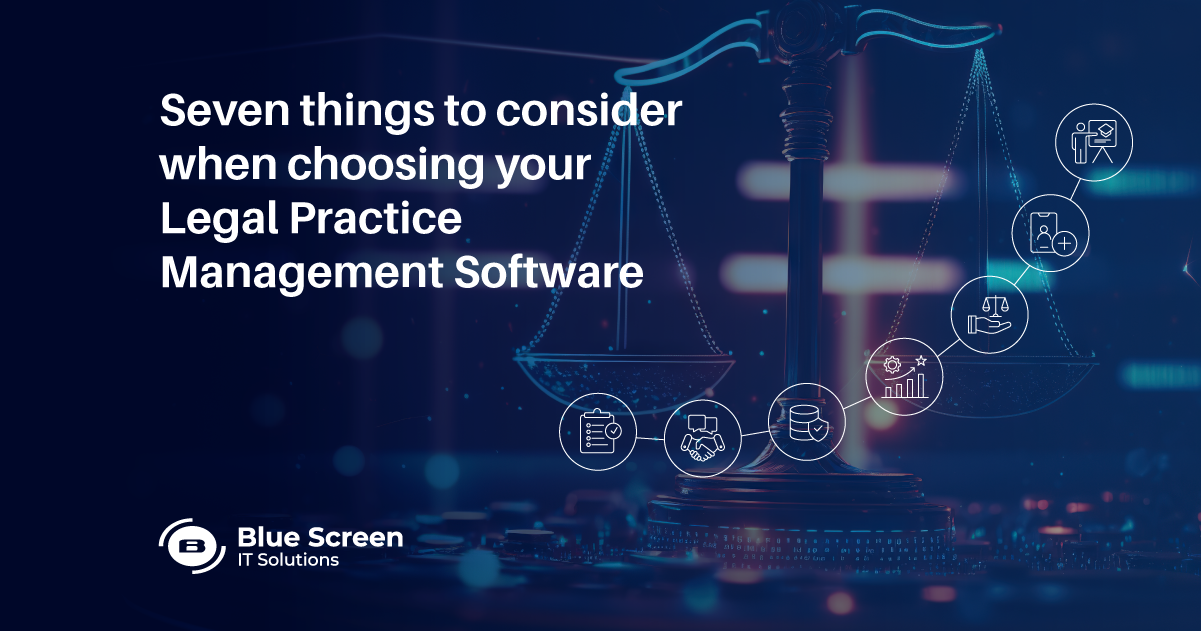In every sector, the quest to simplify, optimize, and expedite day-to-day operations is an ongoing pursuit. However, when it comes to the legal realm, where compliance with a complex array of rules and regulations is crucial, leveraging technology becomes essential for more efficient workflows. Legal Practice Management Software emerges as a comprehensive solution specifically tailored to aid law firms and corporate legal departments in managing and controlling their daily operations effectively.
A Legal Practice Management Software automates, centralizes, and simplifies the handling and control of legal processes to accelerate resolution and debt collection.
From handling case management, contacts, calendars, documents, tasks, time tracking, to billing, payments, and accounting, a Legal Practice Management Software encompasses various critical facets of a law practice. Collaboration and information sharing among team members from different departments/clients also become seamless with these systems. They facilitate task assignments and send notifications upon their completion, ensuring streamlined operations across the organization.
But choosing the right Legal Practice Management Software can be a daunting task due to the abundance of choices available and the diverse needs each organization must address. Here are seven crucial factors to consider, ensuring you make an informed decision:
1. Define your organization’s requirements
Begin by identifying the areas the solution should cover. Mapping current processes helps pinpoint what needs improvement and automation, forming the basis for defining solution requirements aligning with the different stakeholders’ needs.
2. Engage stakeholders actively
Effective stakeholder engagement is pivotal for success in any project or digital transformation initiative. Active involvement ensures alignment with project goals and fosters commitment from all involved.
3. Ensure Compliance and Data Security
Compliance and data security are non-negotiable in legal practice. Ensure that the software aligns with trust accounting workflows, facilitates secure data storage, and meets existing regulatory requirements. Opt for cloud-based systems offering robust encryption to safeguard sensitive information.
4. Prioritize Customization and Business Evolution
Choose a solution offering flexibility and customization to evolve along with your business needs. An adaptable software lets you tailor features, integrate with other systems, and accommodate changes as your organization, market and customers’ progress.
5. Partner with Experienced Providers
Selecting a trusted provider with substantial expertise in Legal Practice Management Software is vital. Conduct thorough background checks, review case studies, and seek references to ensure a reliable, transparent and long-stand partnership – and that the product is regularly updated and improved.
6. Embrace User-Friendly Solutions
Opt for an intuitive, user-friendly software solution. A user-centric approach ensures ease of use, fostering familiarity, high rates of adoption and productivity among your team.
7. Invest in Comprehensive Training
Regardless of your team’s technical prowess, training sessions are crucial for effective software utilization. Access to knowledgeable experts aids in a smooth transition and maximizes the software’s potential.
Choosing the right Legal Practice Management Software may seem overwhelming due to the myriad of options available. Consider long-term goals over short-term features and remember that Blue Screen’s cutting-edge LMS – Legal Management System™ encompasses it all, providing powerful administration and tracking of litigation processes and debt collection. Here are 6 quick reasons to choose LMS:
- Automation of repetitive and time-consuming tasks
- Anytime, anywhere and secure access to all documents in one centralized place
- Dynamic alerts and customized workflows
- Common, accurate and real-time view of existing processes, so that everyone works in sync
- Increased cases control and monitoring
- Better communication with different clients/departments or law firms/clients
Ask for a demo and confirm by yourself.


